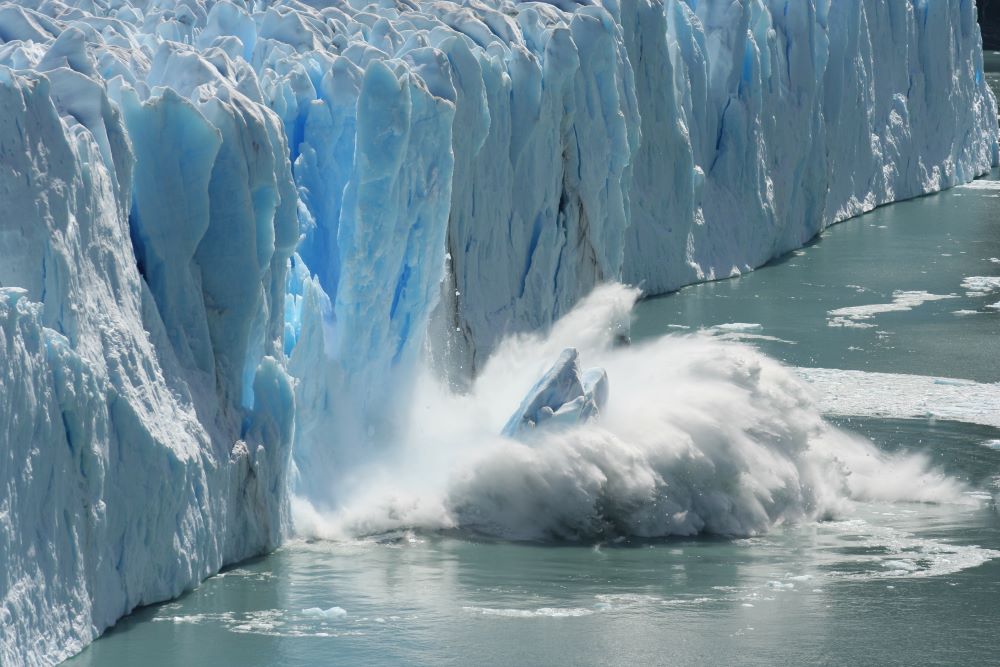



Antarctic ice shelves are shattering. How fast will seas rise? An unexpected ice shelf collapse in East Antarctica, after temperatures spiked 70°F above normal, highlights bigger problems in the West, where one glacier could singlehandedly raise global sea levels several feet.
All scientist Erin Pettit could see when she looked at the satellite photos of the ice shelf in front of the Thwaites Glacier in West Antarctica was the giant crack that stretched across most of the image.
Two years before, when she and her colleagues were deciding where to put their research camp, the entire floating ice shelf—a tongue of ice poking out from the enormous glacier behind it—was solid. It was plenty safe to plan a camp there, they thought.
But last December, when they were preparing to go to the camp, the images revealed enormous cracks in the ice pointing straight at it.
It was unlikely the cracks would grow fast enough to endanger them. But to Pettit, it signified something even scarier: the start of ice shelf's disintegration, which is a step toward a larger disintegration of the glacier itself.
In March, East Antarctica—the other, colder side of the continent—saw its first-ever ice-shelf collapse. As a late Austral summer heat wave brought extraordinary temperatures and high winds to the region, the Conger ice shelf disintegrated within days. The unexpected collapse highlighted the importance of—and uncertainty about—the continent’s ice shelves, which act like bottle stoppers controlling the flow of ice from land to sea. Their incipient demise, scientists fear, could be the beginning of more ice loss—and much more sea level rise that would affect countries all over the world.
Despite Conger’s collapse, the most pressing concern is still the ice shelves fringing West Antarctica, where Pettit works. Their December 2021 discovery suggested the Thwaites ice shelf could disintegrate within the decade, leaving the enormous and unusually precarious glacier unprotected.
The size of Florida, the Thwaites Glacier holds enough ice to raise global sea levels two feet. It’s also a bottleneck protecting the larger West Antarctic ice sheet, which would raise sea level 10 feet if it were to melt completely. And because of some crucial, frightening quirks of geology and geography, Thwaites could one day become one of the most significant drivers of global sea level rise.
“It is the most important glacier in the world,” says Julia Wellner, a marine geologist at the University of Houston.
Source: National Geographic